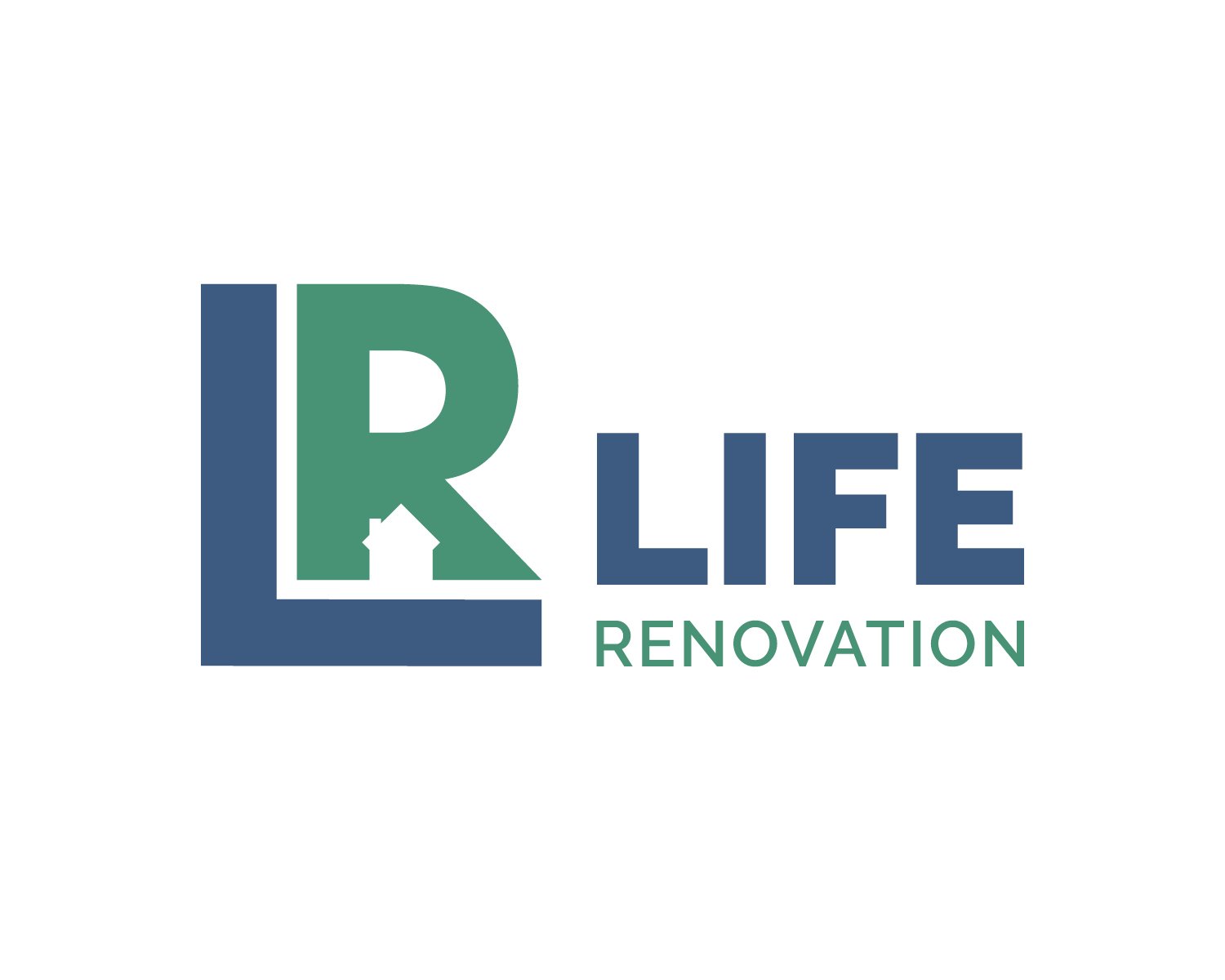I am fascinated when the ancient wisdom and modern science coalesce and reinforce one another. It seems that the ancients knew the truth before scientific method could verify it. One of these intersections is that gratitude is good - it is good for others and for us. Whether the wisdom comes from the bible, stoic philosophers or positive psychology, we hear that to be intentionally grateful makes a difference.
The Bible tells us to…Always be joyful. Never stop praying. Be thankful in all circumstances, for this is God’s will for you who belong to Christ Jesus. (1Th 5:16-18) Even in difficult circumstances, there are always ways in which we can be thankful. Tomorrow my dad is having open heart surgery; it was not expected and certainly not desirable. However, I am thankful today because the blockage that will be addressed was found before a heart attack (I am a believer in well checks now). I am thankful that he lives in a place where he can get the care he needs. I am thankful for insurance and I don’t say that very often. I know there are circumstances that sometimes leave us feeling less than thankful, but if we take a step back and look we can generally find something or someone which deserves our gratitude.
According to Ryan Holiday, the Stoic philosopher Epictetus uses the Greek word eucharistos for gratitude. It means to be thankful, but it also means to be mindful of the benefits. For Epictetus, it was a way of “seeing” the world around him. To be grateful, we must be able to see the benefits. If we are honest, we have become desensitized to the benefits of life and focus more on the annoyances and problems of life. This lack of vision for the good effects our moods, attitudes and those around us.
Harvard Health published an article “Giving thanks can make you happier” which delineates the benefits of expressing gratitude. “In positive psychology research, gratitude is strongly and consistently associated with greater happiness. Gratitude helps people feel more positive emotions, relish good experiences, improve their health, deal with adversity and build strong relationships.” The article goes on to encourage cultivating gratitude through writing thank you notes, keeping a gratitude journal or even counting your blessings.
What do you have to be thankful for? Who would you like to express your gratitude? According to the wisdom of the ages, it will do you both good.
https://www.health.harvard.edu/healthbeat/giving-thanks-can-make-you-happier
